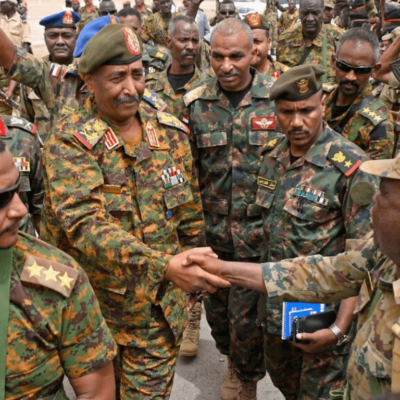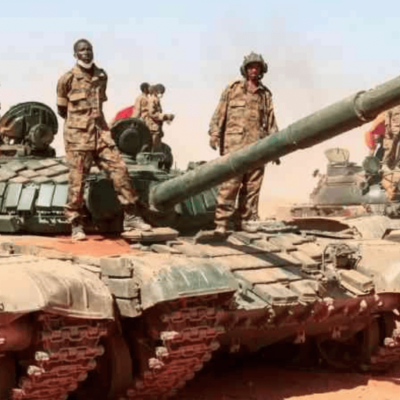Turkey’s interventions in the Middle East irk the Arabs
- Its presence in many Arab countries is changing the course of the conflict there and, according to Arab nations, destabilizing the region.
For long Turkey was more Europe-looking and considered getting mixed up with the conflict-ridden affairs of the Middle East a liability. But all that has changed. Now in Syria, Libya, Iraq, Turkey is making bold moves with far-reaching consequences. And the Arab nations can’t help but protest, accusing it of a grand scheme of trying to reinstate the Ottoman Empire’s hegemony over the Middle East.
At a meeting of Arab League members in Cairo last week, the organization publicly called Turkey a “threat to the region” and condemned its interventions in Syria, Libya and Iraq. They accuse it of sponsoring extremism in Syria, where it has been steadily consolidating power both directly and through militias backed by it. Even as it opens more military fronts against the Syrian regime, it is diluting opposition against it by leading an assault on the Kurds. In the most brutal fashion by forces trained and armed by the Turks.
Read More: Turkey threatens Morocco by supporting Sahrawi separatist groups
It has been taking this fight to Iraq too, where it conducted two airstrikes within the span of three days this month, supposedly at bases in northern Iraq belonging to Kurdish extremist groups. The UAE strongly condemned this attack against the sovereignty of their brotherly Arab state, rejecting all interference in the affairs of Arab countries.
Their contention with Turkey increases further when they see that their big enemy Iran is often operating on the same side as Turkey. Iran is of course accused of aggressive posturing in Syria, Iraq, Lebanon and Yemen, placing them in direct conflict with their Arab neighbors. And Turkey’s improving relations with Israel haven’t put them in the good books of the Arab nations either. They suspect a nexus of the worst kind to undermine Arab national security.
In Libya, Turkey’s moves have been most transparent and obvious. In a few short months, it has managed to turn the stalemate into a position of power for the Government of National Accord (GNA) that it supports. The rest of Arab countries are behind General Khalifa Haftar and his Libyan National Army, who are now retreating after suffering a series of setbacks. The Arabs states naturally accuse Turkey of impeding peace but Ankara has big plans to leverage its advantages in Libya.
In addition to possibly increasing its presence there with new air and naval bases, Ankara is hoping to gain diplomatically, especially with the EU. Europe sees Libya as its gateway into Africa and it works the other way as well, with millions of migrants taking advantage of the chaos in Libya to cross over into Europe. Turkey has been instrumental in keeping this in check but in exchange for billions of dollars in aid. It now once again has the upper hand. The Arab states, watching this shift in power across the region, are understandably worried.




